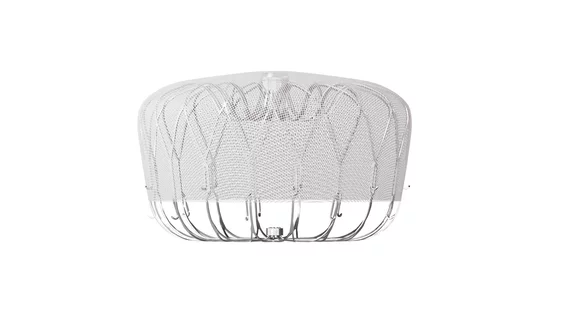Boston Scientific gains a new FDA approval for Watchman FLX LAAC device
Boston Scientific has received approval from the U.S. Food and Drug Administration (FDA) to expand the labeling for its Watchman FLX left atrial appendage closure (LAAC) device. The updated instructions will now include a 45-day dual anti-platelet therapy (DAPT) treatment option for patients with non-valvular atrial fibrillation (AFib), providing an alternative to the original option of 45 days of oral anticoagulation (OAC) plus aspirin.
“This revised labeling provides physicians more flexibility to exercise their clinical judgment based on individual patient characteristics to determine the most appropriate post-procedural antithrombotic medication regimen,” Ian Meredith, MBBS, PhD, Boston Scientific’s global chief medical officer, said in a prepared statement. “This significant step forward is supported by the robust safety and efficacy profile demonstrated by both the legacy Watchman and current-generation Watchman FLX technologies.”
According to Boston Scientific, this latest FDA approval came after the agency reviewed new data on more than 8,000 patients from the American College of Cardiology Foundation’s National Cardiovascular Data Registry. Additional studies investigating the Watchman FLX device’s potential for treating additional patient populations, including the CHAMPION-AF trial and OPTION trial, are still underway.
Clinicians in Europe have had the green light to choose between DAPT or OAC following LAAC procedures since 2017.
Additional details about the Watchman FLX device are available on the Boston Scientific website.

